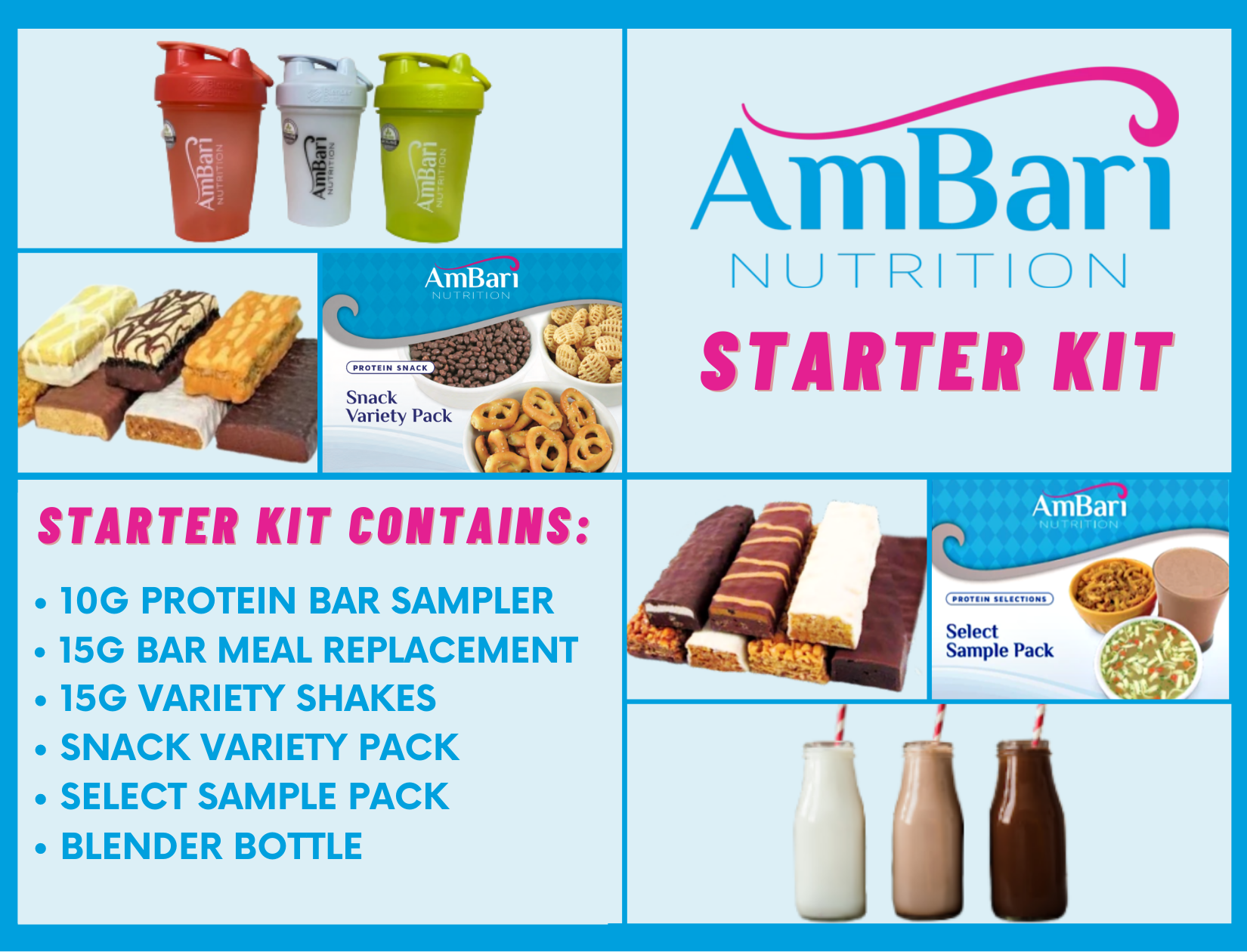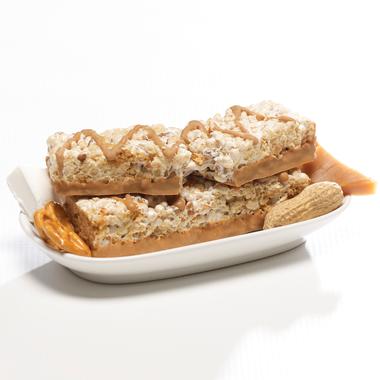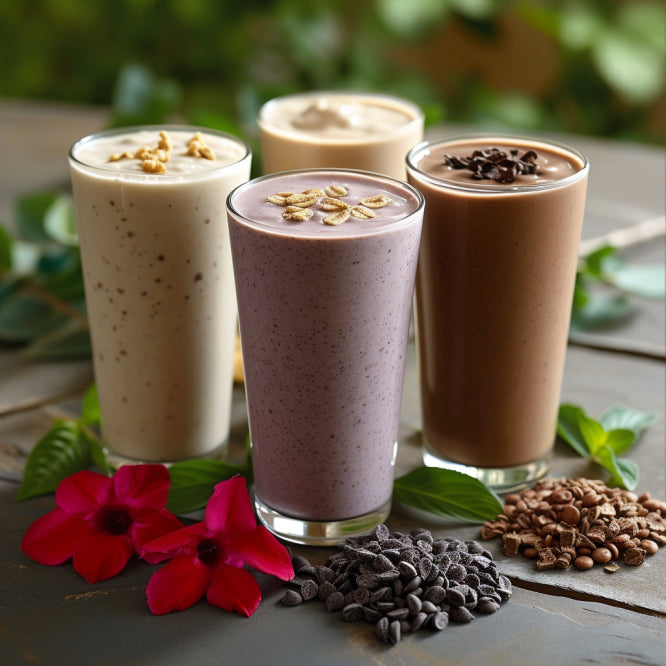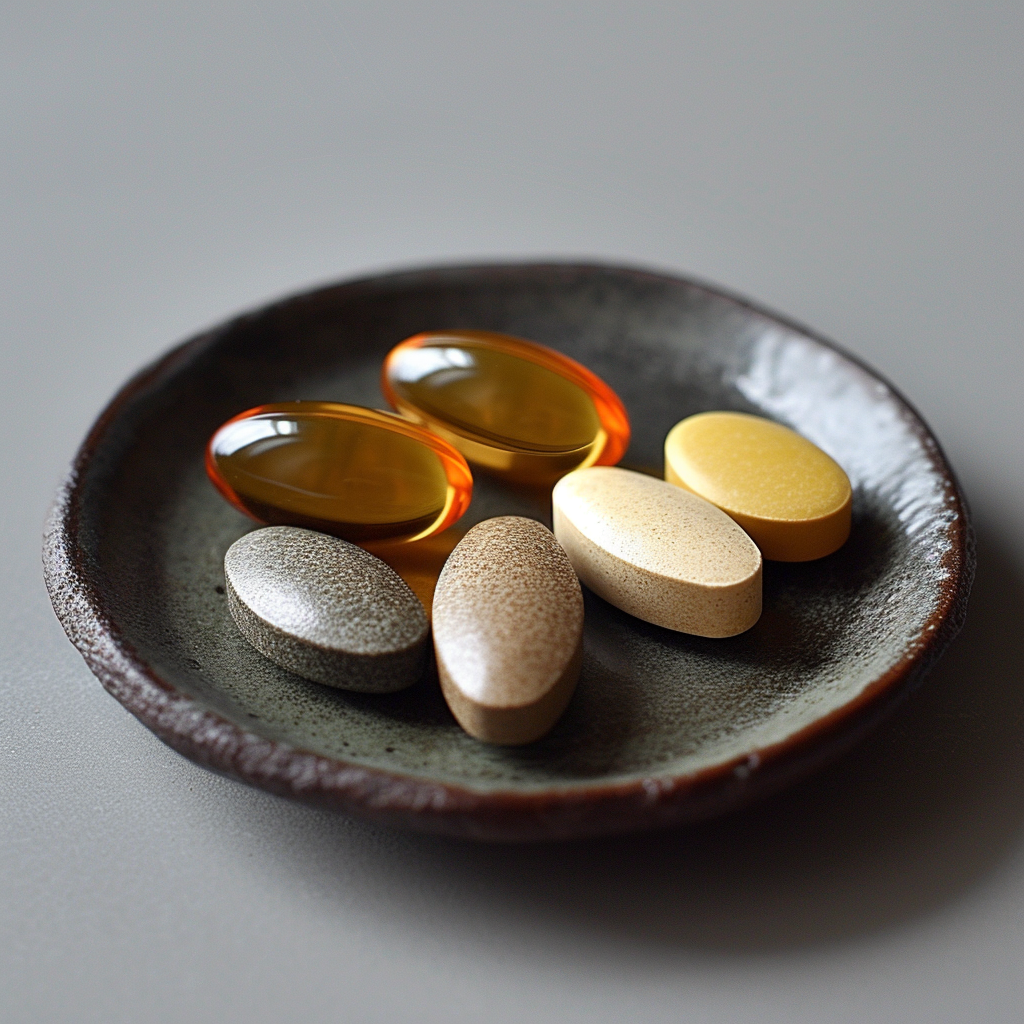Menu
Your cart is empty
Looks like you haven't added anything to your cart yet

Say Cheers: Why Kombucha is an Unbeatable Drink Choice!
Kombucha is a now widely popularized drink originating in ancient Eastern cultures. It’s a tea with a tangy twist that comes in a variety of flavors, brands, and production methods.
What is Kombucha?
Kombucha is a fermented sweet tea that comes from Ancient East Asian cultures. In China, it was known as the Immortality Tea and loved by both nobility and warriors.
The tea consists of a variety of ingredients, but at its core, kombucha is made from tea, sugar, and a SCOBY (symbiotic culture of bacteria and yeast). Sweetened tea is transformed into kombucha through the fermentation process. Over time the SCOBY eats the sugar, and what’s left is a tasty, vitamin-filled probiotic drink. After the fermentation process is complete, flavors can be added to enhance the taste. In recent years, not only has kombucha become available in the West, but also in flavors such as root beer, pink lemonade, and ginger ale. Kombucha can be a great alternative to coffee and alcohol.

Nutritional and Health Benefits
Kombucha is full of nutrients. It has a diverse array of vitamins, organic acids, antioxidants, and probiotics. This drink is notably low in calories, and also contains various vitamins and minerals, including B vitamins (such as B1, B2, B3, B6, and B12) and vitamin C. These vitamins are essential for energy production, immune function, and skin health.
The antioxidants found in kombucha, derived primarily from the tea leaves used in brewing, play an important role in fighting oxidative stress and reducing inflammation. Antioxidants help neutralize harmful free radicals in the body, potentially slowing the aging process and reducing the risk of chronic diseases. Additionally, the organic acids produced during fermentation, such as acetic acid and glucuronic acid, contribute to kombucha’s health benefits. Acetic acid is known for its antimicrobial properties and ability to help regulate blood sugar levels, while glucuronic acid aids in detoxification by binding to toxins in the liver and facilitating their excretion.
One of the most significant benefits of kombucha is its probiotic content. Probiotics are live beneficial bacteria that support a healthy gut microbiome, positively contributing to overall health. A well-balanced gut microbiome enhances digestion, improves nutrient absorption, and boosts the immune system by outcompeting harmful bacteria. The probiotics in kombucha also support mental health, as the gut-brain axis—a communication network between the gut and the brain—supports mood regulation and cognitive function.
Kombucha not only has a refreshing taste, but offers a plethora of health benefits. Regular consumption of kombucha can therefore boost your overall health- including improved digestion, enhanced immune function, better mood stability, and mental clarity.

Risks and Considerations
There are some risks and possible side effects associated with kombucha, particularly if it’s made in a non-regulated environment. Due to the amount of probiotics and other ingredients, it’s recommended to follow the suggested serving size. You may experience digestive issues if overconsuming the drink. If kombucha is homemade, it can often carry alcohol or even a greater risk of cross-contamination, so typically, it’s better to buy at the store. It is also important to note that there may be more risks involved after having bariatric surgery due to the carbonation, so always consult your doctor before making this a regular part of your diet.
How to Incorporate Kombucha into Your Diet
Kombucha can definitely be considered an acquired taste. Start with drinking a small amount. It’s easier to get used to the taste if you already consume fermented food products, like kefir, kimchi, sauerkraut, and cider.
Kombucha is great on its own, however, you can also try incorporating kombucha into drinks you already enjoy, such as smoothies, mocktails, or even in salad dressing. Check out some more resources to see for yourself what kombucha can do for you!
- Choosing a selection results in a full page refresh.



































